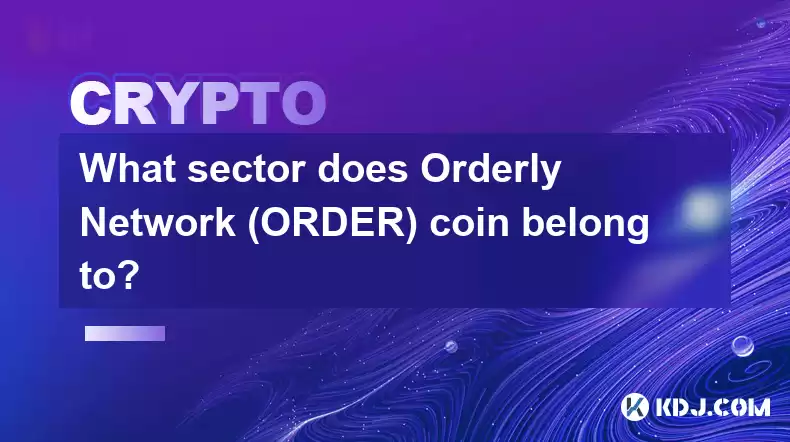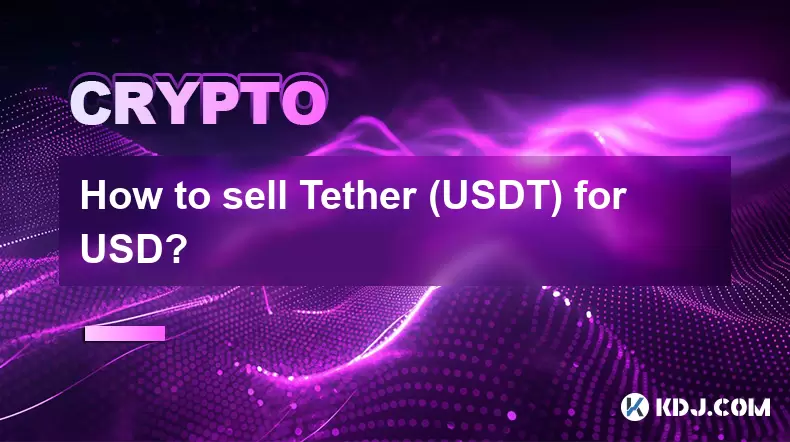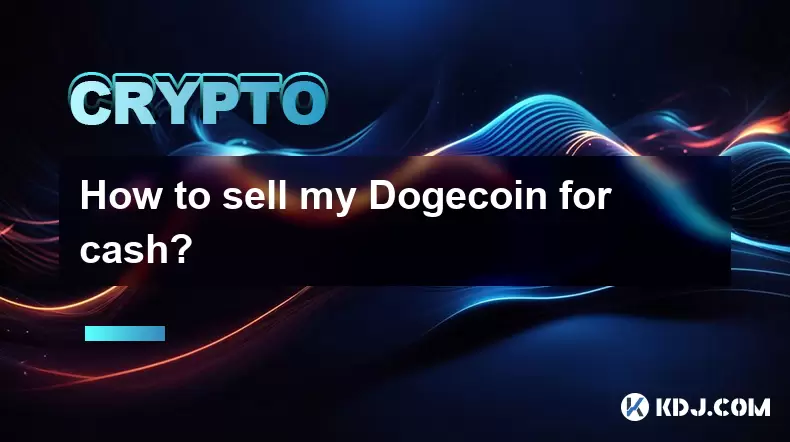-
 Bitcoin
Bitcoin $116200
1.84% -
 Ethereum
Ethereum $3841
6.86% -
 XRP
XRP $3.070
4.25% -
 Tether USDt
Tether USDt $1.000
0.02% -
 BNB
BNB $774.4
1.72% -
 Solana
Solana $172.3
5.17% -
 USDC
USDC $0.9999
0.01% -
 Dogecoin
Dogecoin $0.2136
6.85% -
 TRON
TRON $0.3391
1.21% -
 Cardano
Cardano $0.7667
5.76% -
 Hyperliquid
Hyperliquid $39.10
4.30% -
 Sui
Sui $3.724
9.37% -
 Stellar
Stellar $0.4139
5.86% -
 Chainlink
Chainlink $17.35
6.09% -
 Bitcoin Cash
Bitcoin Cash $573.7
2.52% -
 Hedera
Hedera $0.2518
5.39% -
 Ethena USDe
Ethena USDe $1.001
0.02% -
 Avalanche
Avalanche $22.68
3.57% -
 Litecoin
Litecoin $120.4
3.89% -
 UNUS SED LEO
UNUS SED LEO $8.951
-0.40% -
 Toncoin
Toncoin $3.312
4.62% -
 Shiba Inu
Shiba Inu $0.00001263
4.23% -
 Uniswap
Uniswap $10.14
6.89% -
 Polkadot
Polkadot $3.778
5.04% -
 Dai
Dai $1.000
0.01% -
 Monero
Monero $276.9
-4.52% -
 Bitget Token
Bitget Token $4.394
1.57% -
 Cronos
Cronos $0.1475
6.05% -
 Pepe
Pepe $0.00001081
5.27% -
 Aave
Aave $274.5
7.59%
What sector does Orderly Network (ORDER) coin belong to?
Orderly Network (ORDER), a DeFi and trading infrastructure protocol, strategically positions itself within the cryptocurrency ecosystem by exploring potential collaborations with smart contract platforms, NFTs, and cross-chain interoperability.
Dec 31, 2024 at 06:04 am

Key Points:
- Understanding the Orderly Network (ORDER) Ecosystem
- Potential Questions about Orderly Network's Sector Affiliation
- Alternative Sectors ORDER May Pertinently Engage With
What is Orderly Network (ORDER)?
Orderly Network (ORDER) is a decentralized protocol designed to enhance the efficiency and security of order flow management within the cryptocurrency industry. It facilitates trustless and transparent interactions between market participants, enabling them to execute trades with greater confidence and reduced counterparty risk.
Which Sector Does Orderly Network Belong To?
Orderly Network primarily belongs to the following sectors within the cryptocurrency ecosystem:
- Decentralized Finance (DeFi): ORDER falls under the DeFi sector as it leverages blockchain technology to automate and decentralize processes related to order flow, enhancing transparency and trust.
- Trading Infrastructure: The protocol serves as a critical component of the trading infrastructure, providing tools and services that streamline and secure the order execution process for cryptocurrency exchanges and traders.
Alternative Sectors ORDER May Engage With:
While predominantly belonging to DeFi and trading infrastructure, ORDER may also engage with the following sectors:
- Smart Contract Platforms: ORDER could integrate with smart contract platforms like Ethereum or Solana to enable advanced order execution mechanisms and automate complex trading strategies.
- Non-Fungible Tokens (NFTs): The protocol's features could potentially be extended to support the trading of NFTs, ensuring fair and transparent pricing and preventing market manipulation.
- Cross-Chain Interoperability: ORDER may explore cross-chain integrations to facilitate seamless order flow between different blockchain networks, enhancing accessibility and liquidity.
Steps to Define Orderly Network's Sector Affiliation:
- Examine the Protocol's Core Functionalities: Analyze ORDER's primary purpose and the problems it aims to solve within the cryptocurrency ecosystem.
- Review the Technological Underpinnings: Identify the blockchain platforms and protocols that ORDER leverages and assess their relevance to specific sectors.
- Evaluate Market Perception and Use Cases: Consider how the protocol is being utilized by cryptocurrency exchanges and traders, and the sectors it primarily supports.
- Consider Future Developments and Roadmaps: Study the planned roadmap and potential future developments of ORDER to anticipate its potential expansion into adjacent sectors.
- Compare with Similar Protocols: Examine how ORDER compares to other protocols in terms of functionalities and target sectors, identifying potential overlaps and unique value propositions.
FAQs:
Q: Is Orderly Network solely a DeFi protocol?
- A: While primarily belonging to the DeFi sector, ORDER also significantly contributes to the trading infrastructure sector.
Q: What are potential alternative sectors for ORDER to engage with?
- A: Smart contract platforms, NFTs, and cross-chain interoperability represent potential alternative sectors where ORDER may find relevance.
Q: How do I determine the specific sector affiliation of a cryptocurrency protocol?
- A: Follow the steps outlined in the article, considering the protocol's functionalities, underlying technology, market perception, future plans, and comparisons with similar protocols.
Disclaimer:info@kdj.com
The information provided is not trading advice. kdj.com does not assume any responsibility for any investments made based on the information provided in this article. Cryptocurrencies are highly volatile and it is highly recommended that you invest with caution after thorough research!
If you believe that the content used on this website infringes your copyright, please contact us immediately (info@kdj.com) and we will delete it promptly.
- Ollama Turbo & GPT-OSS: Revolutionizing AI Model Accessibility and Speed
- 2025-08-07 20:29:33
- Bitcoin Ordinals: NFTs Evolving Bitcoin or a Fleeting Fad?
- 2025-08-07 20:29:33
- BlockchainFX, Bitcoin Swift, Crypto Presales: What's the Hype?
- 2025-08-07 19:10:13
- Pepe Dollar (PEPD) vs. SPX6900: The Meme Coin Battle of 2025
- 2025-08-07 19:50:12
- XRP Investment Regret: Are You Missing Out on the Next Big Thing?
- 2025-08-07 19:50:12
- XRPINU: More Than Just a Meme? Roadmap, Liquidity, and the Future of Funny Money
- 2025-08-07 19:56:46
Related knowledge

Where can I buy UMA (UMA)?
Aug 07,2025 at 06:42pm
Understanding UMA and Its Role in Decentralized FinanceUMA (Universal Market Access) is an Ethereum-based decentralized finance (DeFi) protocol design...

What is the best app to buy EOS?
Aug 07,2025 at 04:35pm
Understanding EOS and Its Role in the Cryptocurrency EcosystemEOS is a blockchain platform designed to support decentralized applications (dApps) with...

How to sell Tether (USDT) for USD?
Aug 07,2025 at 03:29pm
Understanding Tether (USDT) and Its USD ValueTether (USDT) is a stablecoin designed to maintain a 1:1 value ratio with the United States Dollar (USD)....

How to sell my Bitcoincoin for cash?
Aug 07,2025 at 02:14pm
Understanding the Basics of Selling Dogecoin for CashSelling Dogecoin for cash involves converting your DOGE tokens into a fiat currency such as USD, ...

What is Chainlink (LINK)?
Jul 22,2025 at 02:14am
Understanding Chainlink (LINK): The Decentralized Oracle NetworkChainlink is a decentralized oracle network designed to bridge the gap between blockch...

What is Avalanche (AVAX)?
Jul 22,2025 at 08:35am
What is Avalanche (AVAX)?Avalanche (AVAX) is a decentralized, open-source blockchain platform designed to support high-performance decentralized appli...

Where can I buy UMA (UMA)?
Aug 07,2025 at 06:42pm
Understanding UMA and Its Role in Decentralized FinanceUMA (Universal Market Access) is an Ethereum-based decentralized finance (DeFi) protocol design...

What is the best app to buy EOS?
Aug 07,2025 at 04:35pm
Understanding EOS and Its Role in the Cryptocurrency EcosystemEOS is a blockchain platform designed to support decentralized applications (dApps) with...

How to sell Tether (USDT) for USD?
Aug 07,2025 at 03:29pm
Understanding Tether (USDT) and Its USD ValueTether (USDT) is a stablecoin designed to maintain a 1:1 value ratio with the United States Dollar (USD)....

How to sell my Bitcoincoin for cash?
Aug 07,2025 at 02:14pm
Understanding the Basics of Selling Dogecoin for CashSelling Dogecoin for cash involves converting your DOGE tokens into a fiat currency such as USD, ...

What is Chainlink (LINK)?
Jul 22,2025 at 02:14am
Understanding Chainlink (LINK): The Decentralized Oracle NetworkChainlink is a decentralized oracle network designed to bridge the gap between blockch...

What is Avalanche (AVAX)?
Jul 22,2025 at 08:35am
What is Avalanche (AVAX)?Avalanche (AVAX) is a decentralized, open-source blockchain platform designed to support high-performance decentralized appli...
See all articles

























































































